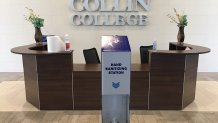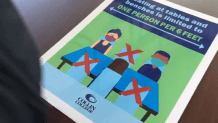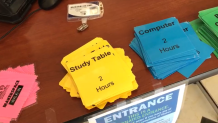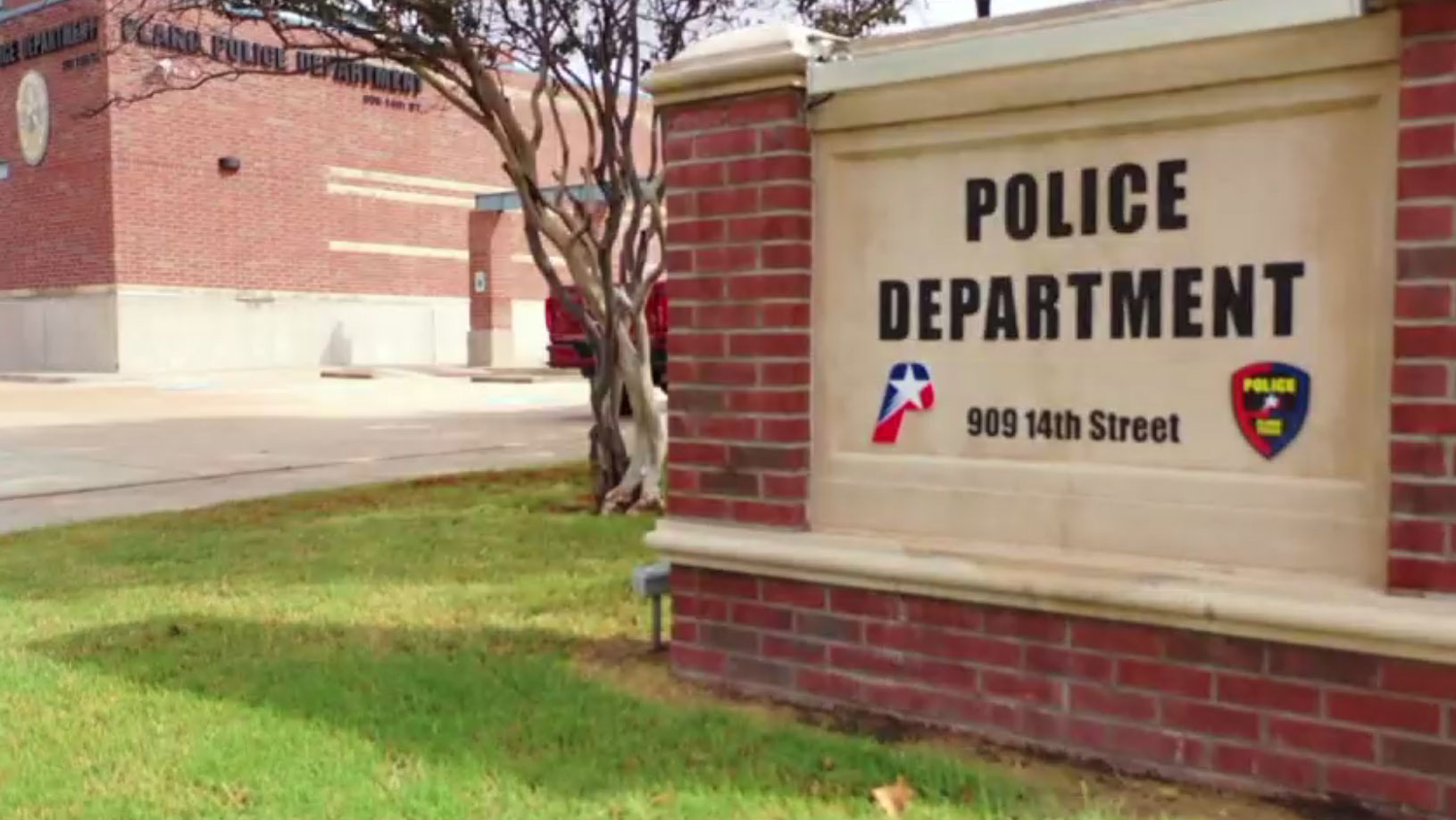The stress for college students continues this semester as campuses across the country struggle with coronavirus outbreaks.
Schools in North Texas such as TCU and SMU are reporting lower COVID-19 numbers this week after hundreds of new cases were reported between the two schools earlier this month.
That's why doctors are really urging students to do their part to help stop the spread. But what does that look like?
Ryan Sternfels, a student studying nursing at Collin College in McKinney, reached out to NBC 5 to commend his school for its protocols in keeping students safe. The protocols align with CDC guidelines and are similar to what many colleges and universities across the country are practicing.
Sternfels said students at his campus seem to be taking the protocols seriously.
"We were a little apprehensive about what it was going to be like coming back but as soon as I walked into the classroom, it felt like all my fears were relieved,” he said.
Sternfels, a former film student, created a video diary to show what these safety protocols look like on a daily basis. His unique perspective gives us a look at just how diligent students have to be to stop the spread.

"Seeing sanitizer stations on every corner is kind of surreal and all the signs on the doors,” Sternfels said.
Local
The latest news from around North Texas.
He said desks are set at least six feet apart, with students spread out and wearing masks during class, as required by the school. Professors are also wearing masks while teaching.
"As I spent more and more time on campus in this kind of new world, everybody is required – when they come in the morning – to spray down the desk and chair and wipe it all down. You do the same when you leave,” Sternfels described. "All of that combined has really made me not worry as much."
Even lunchtime isn't what it used to be, with signs blocking off tables and students wearing masks in the dining area.

At the library, Collin College has established a system to keep students safe but still allow them to use resources. Sternfels said there is a color-coded system assigning you a place to study for a limited amount of time, as well as your own keyboard to check out.
"They’ve actually removed the keyboards from the computers. They've encased them in plastic and spray them down after each use," he said.

Dr. Brian Rudman, the founder of Formula Wellness Center, said this new reality of safety protocols is necessary. His clinics are conducting COVID-19 tests in the metroplex, some near the major universities, where he's noticing increases.
“When people get together, they naturally are going to start interacting more and start violating some of the social distancing,” he said. “College is about engaging. Yes, spreading and super spreading events are going to occur.”
Rudman said that the upcoming cold and flu season will only make this situation more confusing.
“The best way to prevent all that is to test when you have symptoms and isolate. Whether you have the flu or COVID-19, you shouldn’t be around other people,” he said.
Rudman said he is keeping a close eye on the increases but added that it's ultimately up to all of us to stay diligent.
“We are just a little bit sloppy now. We all just want to be on the other side of this and we want to try to fast forward through it but it’s just not the way it works,” Rudman said. “The more you’re around more people and the more you’re touching new surfaces, the more likely you are to get it. You’re just increasing your odds.”
Sternfels says he feels safe at his campus as he and his classmates continue to navigate this strange and uncertain school year.
“Just coming in and seeing all the effort that they put into making it safe, it’s the opposite of kind of what I expected,” Sternfels said. “I think along with the professors wearing the masks, it kind of sets the standard that this is serious. We need to take precautions.”



